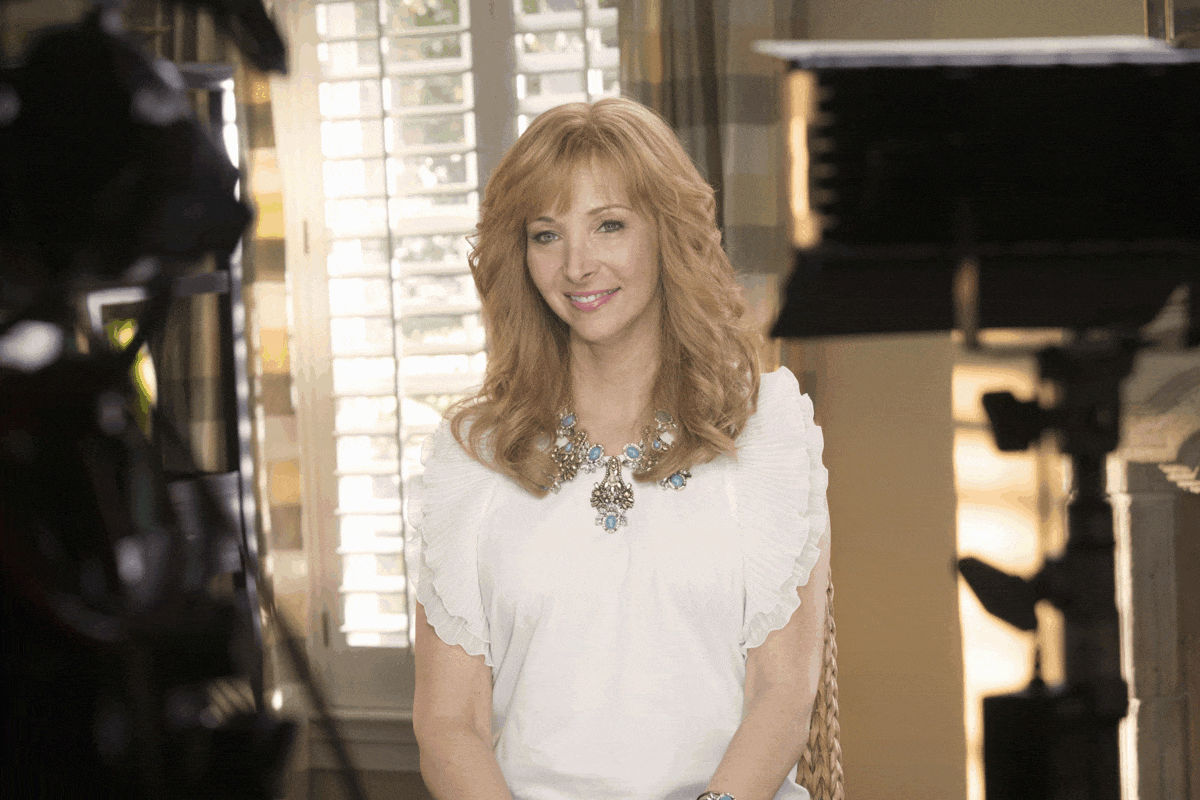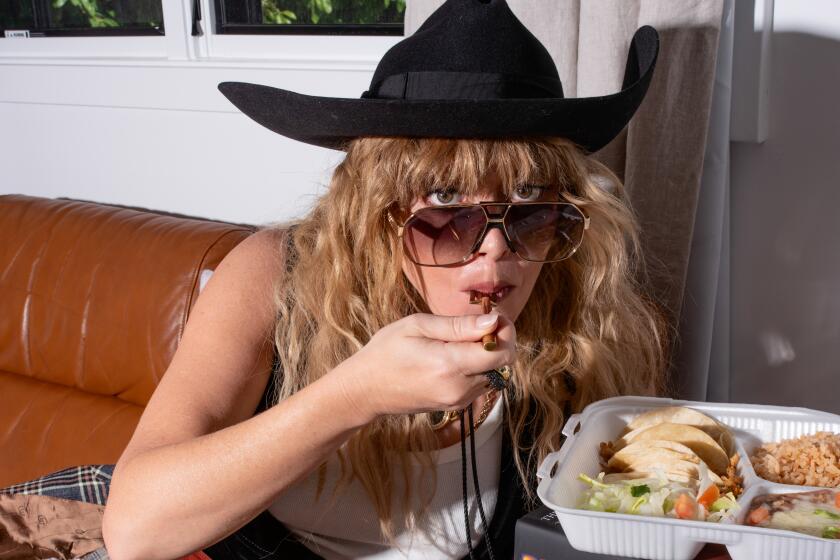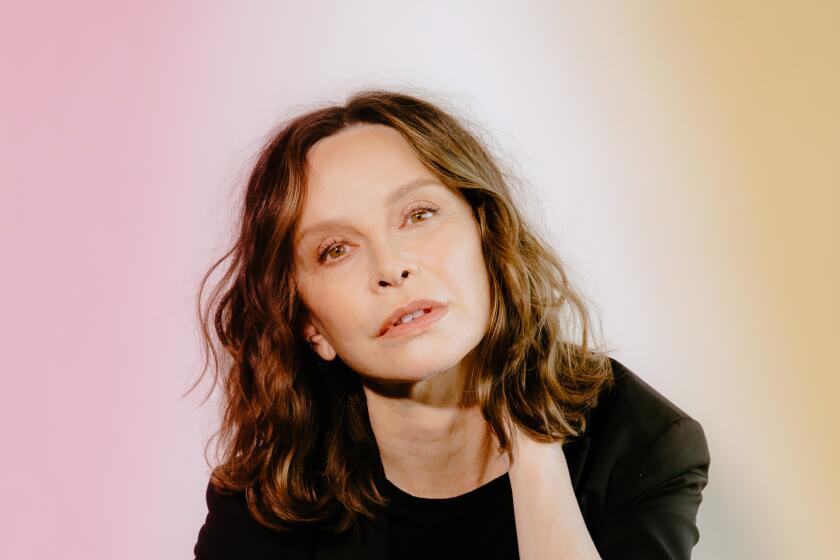- Share via
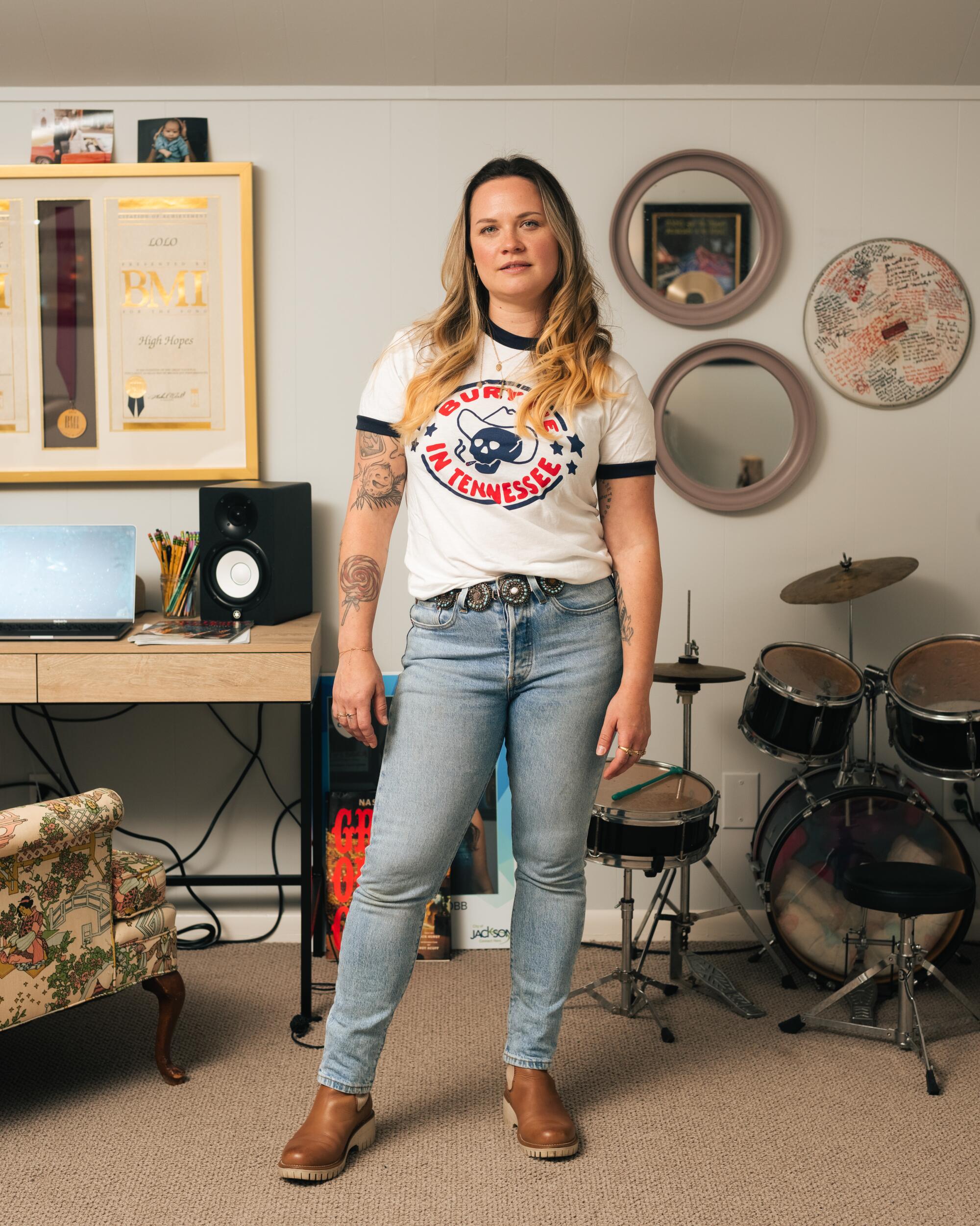
“Spring Awakening: Those You’ve Known” recounts how, over 15 years ago, an angsty rock musical won eight Tony Awards and launched the careers of its young cast, including Lea Michele, Jonathan Groff, Skylar Astin, Lilli Cooper and John Gallagher Jr. Based on Frank Wedekind’s 1891 drama, the Broadway phenomenon from Duncan Sheik and Steven Sater centered on adolescents who asked questions about taboo topics like sexual development and mental health, and the authoritarian adults who refused to answer them.
In the documentary, premiering May 3 on HBO, Lauren “LOLO” Pritchard — an original cast member who became a singer and songwriter after “Spring Awakening” — speaks about playing the character of Ilse, who ran away from a colony of artists who sexually abused her.
“That is so many f— people’s reality,” she says, disclosing publicly for the first time that she survived years of sexual abuse by a family member starting when she was 4 years old. “And singing about it is f— weird.”
From her home in Jackson, Tenn., Pritchard, who will perform her first major role since “Spring Awakening” in the new country musical “May We All” this summer, tells The Times why she decided to share her experience and how the harrowing ballad “The Dark I Know Well” hit her harder at last year’s reunion concert than ever. The conversation has been edited for clarity and length.
We surveyed The Times TV team to come up with a list of the 75 best TV shows you can watch on Max (formerly HBO Max). And yes, your disagreement is duly noted.
This entire “Spring Awakening” reunion was your idea. How did it happen?
The original cast has been in a group chat for seven or eight years, and it always lights up on the anniversary of the Broadway opening. In 2020, both Lea and I had babies, and Jonathan said in the chat, “These boys of yours are going to have to see their moms in action one day and appreciate the craziness that was ‘Spring Awakening.’” That night, I had this vivid dream that we did a reunion — a one-night-only concert that we filmed so that, ultimately, our infant sons can see it when they’re older.
I called Jonathan, and we started calling everyone, and every single person immediately said yes, which I think speaks to how sacred the show has always been to all of us. It was very surreal to be together again with everyone last November; with all these other Broadway shows canceling performances because of COVID, I was so nervous that, at any point, something was gonna go horribly wrong. Once the show was over, I stood in the wings and cried so hard into Jonathan’s chest with immense relief that we did it.
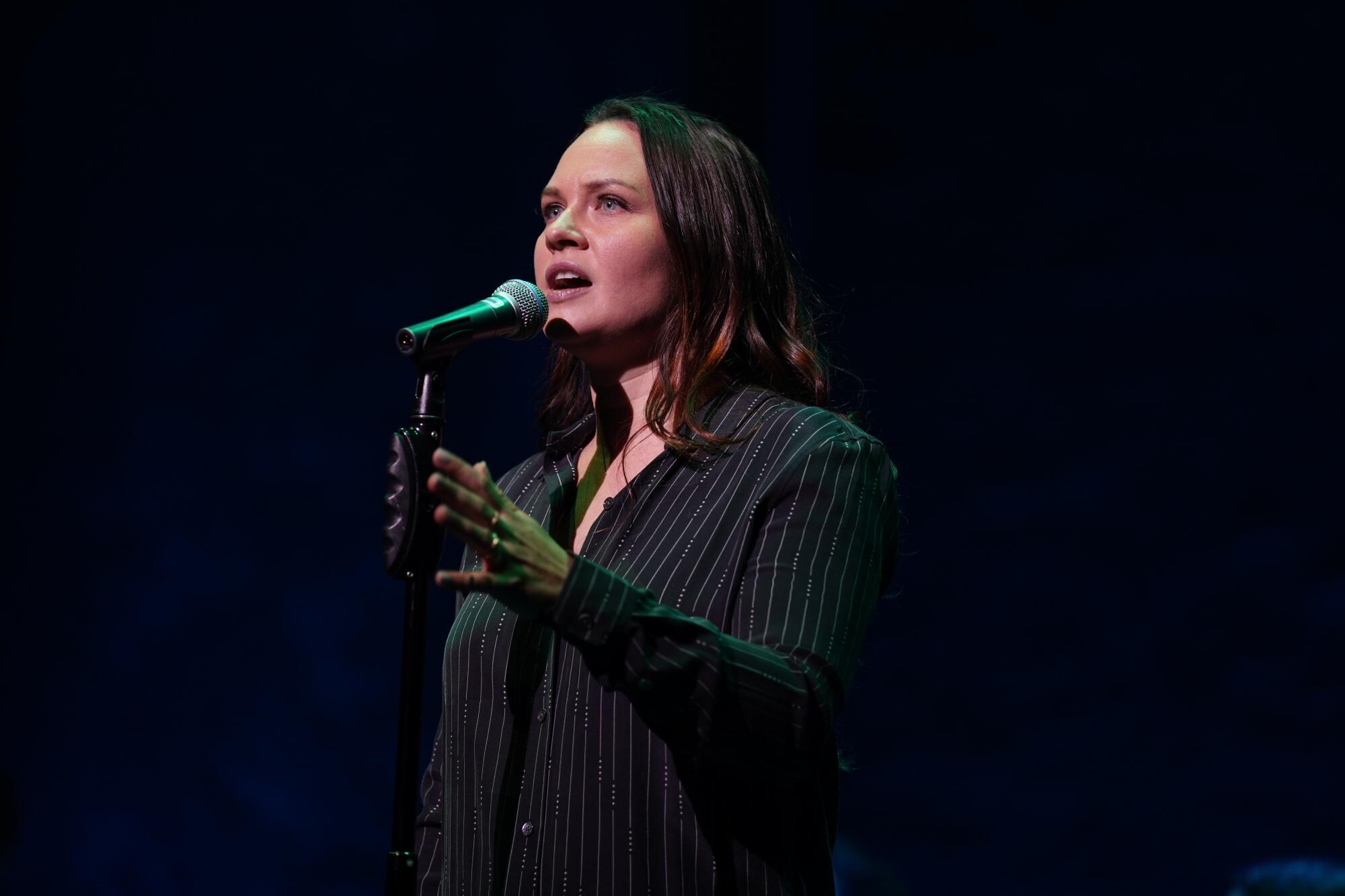
What was your initial “Spring Awakening” audition like?
It was 2005. I was 17 and living in Los Angeles. I had grown up doing professional theater since I was 9, so I got an agent to book commercials while trying to make it as a songwriter. I never got the materials for the Ilse character; my understanding is that they were doing a lot of work on the script, so they just had a lot of people reading for Wendla — which Lea Michele ended up originating — because that character had the most material to pull from for an audition.
The day before the final callback in New York, you had to rehearse with the musical director, Kimberly Grigsby. When I finished singing, she asked me, “Has anybody talked to you about the character Ilse?” and we went through the song “Blue Wind.” She sent me home with the script materials, and I instantly connected with all of it. It was very natural, like I didn’t really even have to try to understand it.
They offered me the role for the off-Broadway run where, after taxes, I was pulling home something like $298 a week. I remember calling the casting office and saying, “My name is Lauren Pritchard, and I’m supposed to be playing Ilse in the ‘Spring Awakening’ show, and I don’t think I can afford it.” I had just turned 18, my parents couldn’t live with me, I couldn’t afford to live by myself, and I didn’t know anyone in the city. I wound up living with an associate from the casting company whose roommate had just left town, and the rent was the exact amount that I could afford to pay.
The star of Netflix’s dark comedy steps into the showrunner role in Season 2 — and rethinks how place, time and family history can help tell a person’s story.
How much of Ilse’s harrowing backstory was scripted when you accepted the role?
A decent amount. Her story was always that she had been in a similar abusive environment as Martha, because Martha has always had a line [that] goes, “Look what’s become of Ilse now.” It was one line that was said in the first act, and then you see her as this wandering soul in the second act, when she speaks and sings for the first time in the show.
During previews at the Atlantic Theater, there was feedback that my character’s second act appearance didn’t make any sense. It was, I guess, in the minds of the creative team, a natural fit to add Ilse to “The Dark I Know Well,” which Lilli [Cooper] had sung alone until then. That was an interesting part of the development of that moment.
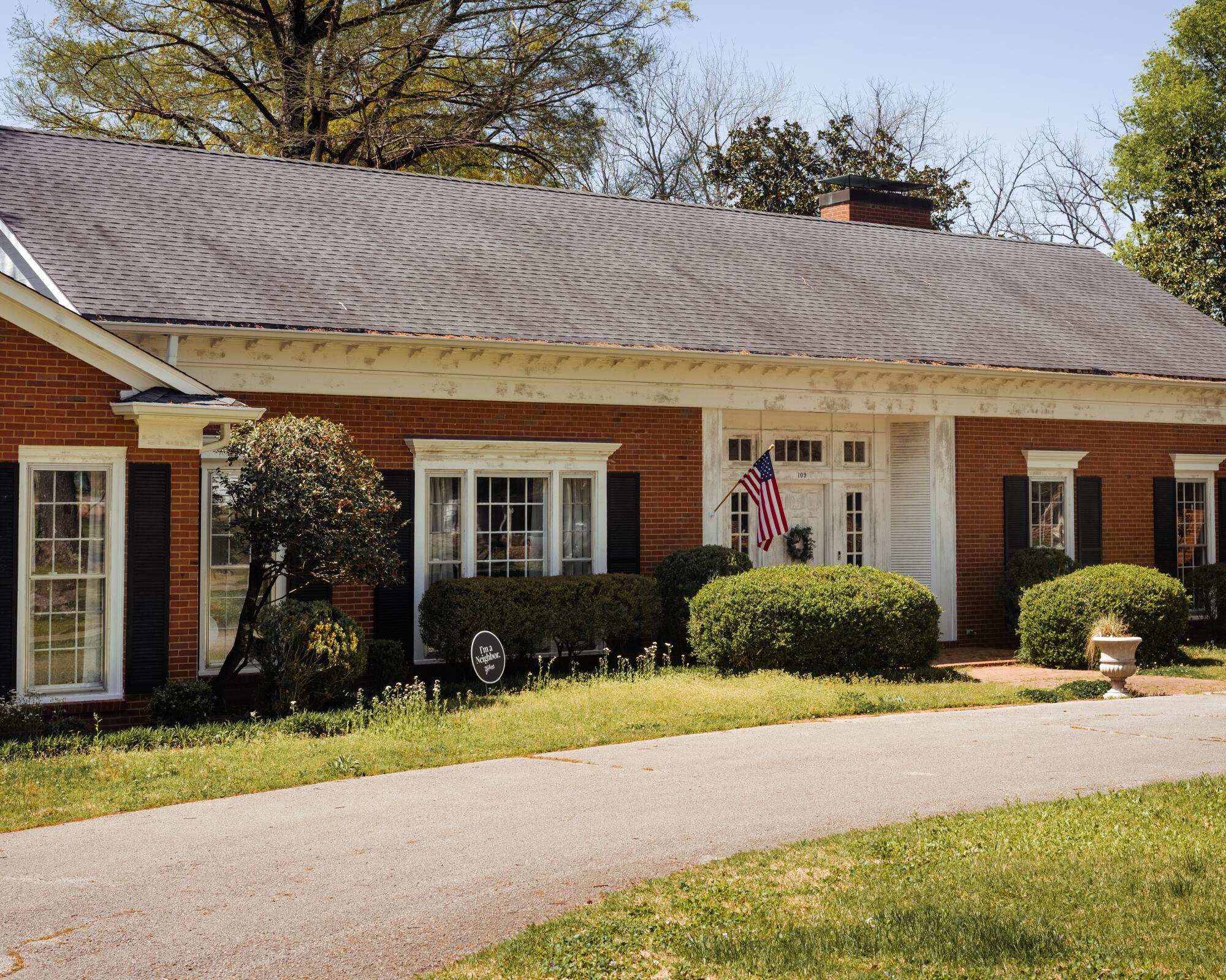
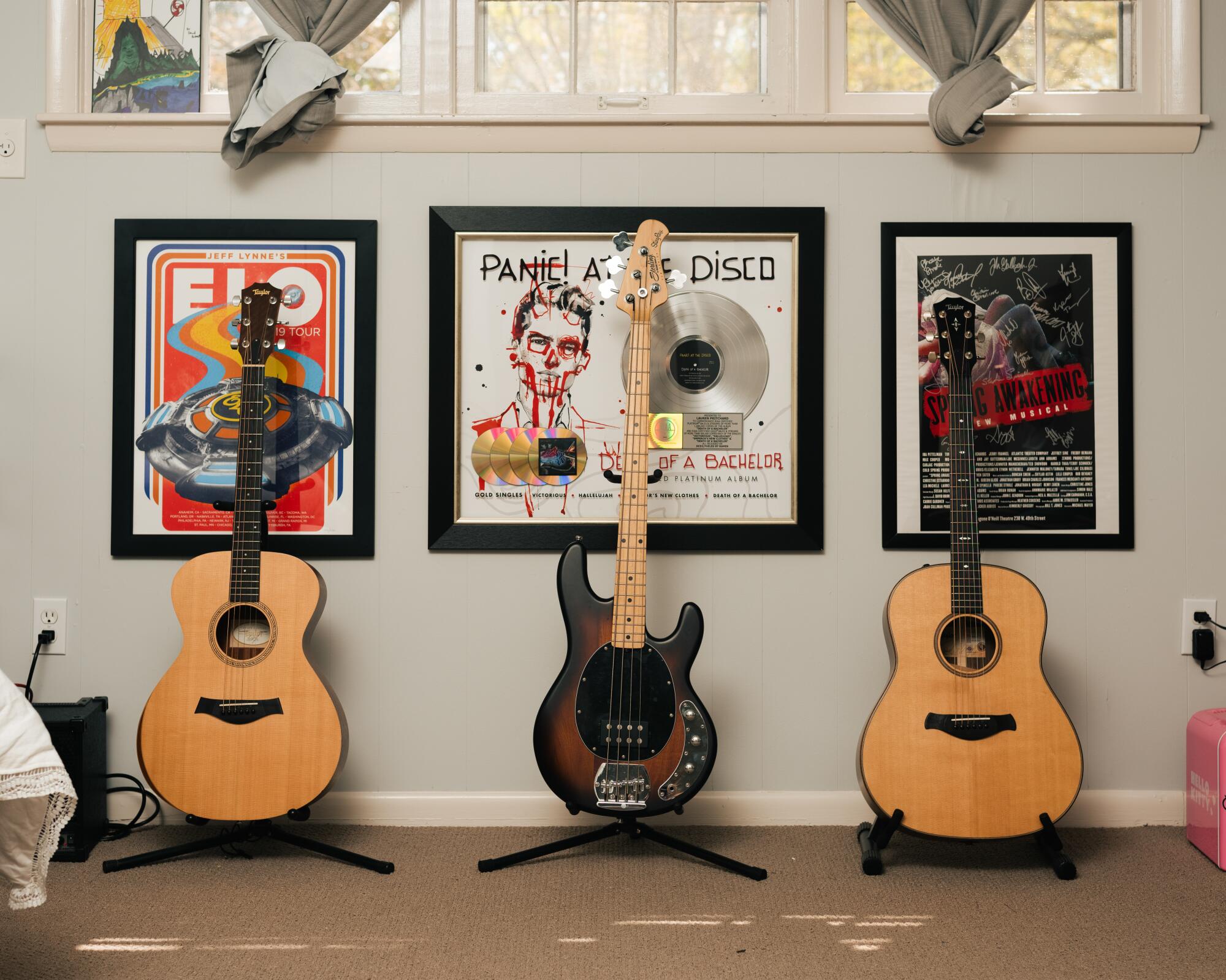
So you just came to work one day and learned you were performing a song about sexual abuse?
A hundred percent. There was no precursor. I showed up, and they were like, “You’re singing this song.”
Were you then given any specific research materials or modes of support while playing this heavy role?
I don’t know that I was necessarily given specific research or materials. I think that would probably be different now; 15 years ago, you played the role, you did the material, and that was that.
Because I was taking on this new addition to the character, I had very open and honest conversations with our assistant director [Beatrice Terry] and then our director [Michael Mayer]. I wanted to say out loud that I went through some of these things as a kid and that this is not just me singing a song. It wasn’t a long, drawn-out conversation, but it was a healthy deep dive into, “Do you feel comfortable singing about this?” I was like, “Yeah, it happened a long time ago, it’s not happening to me now. I just need you to know this piece of information.”
I told a handful of people in the cast; all of the girls knew, and they were all lovely and supportive and kind.
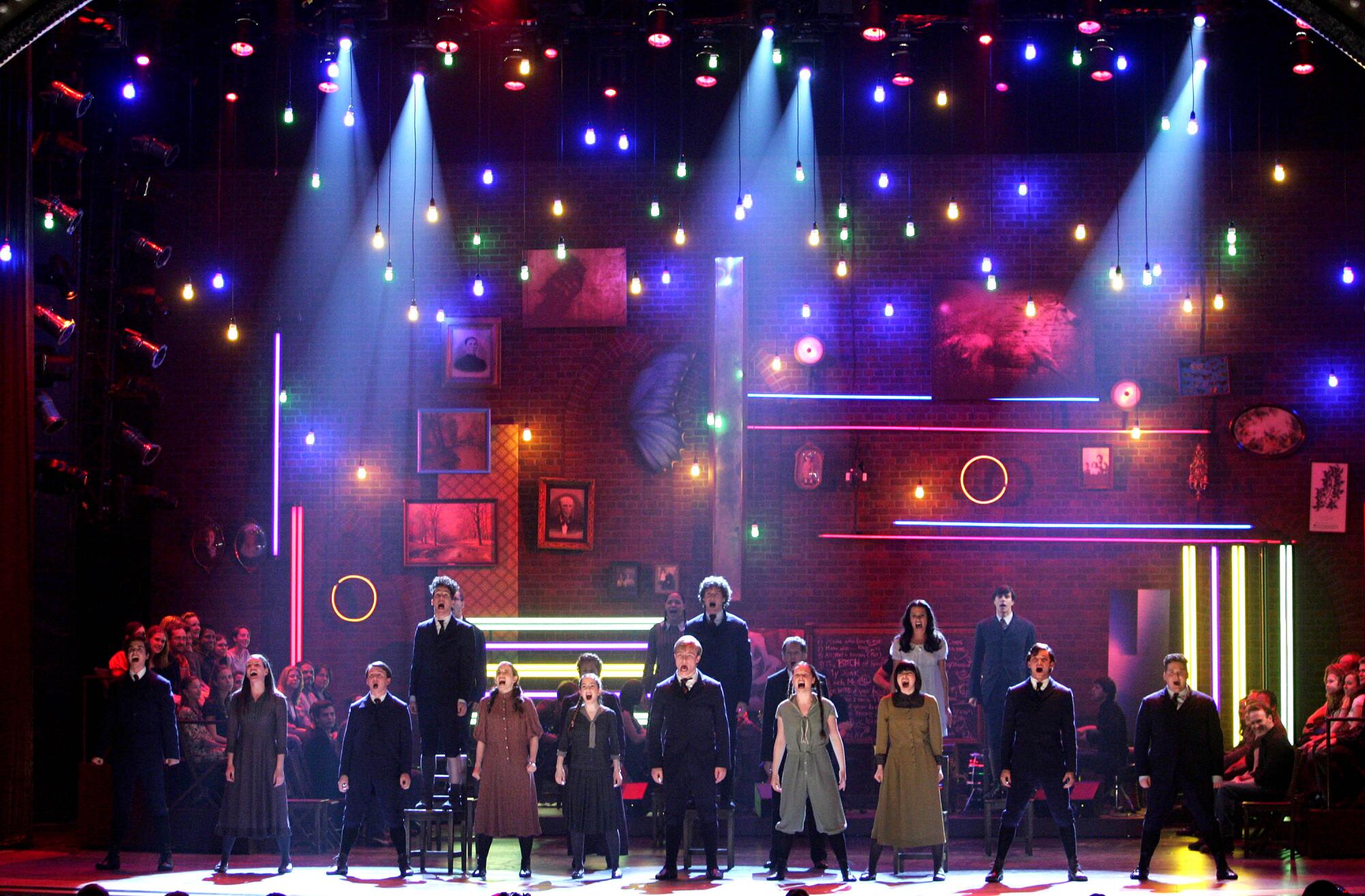
What was it like to perform that song with Cooper eight times a week for years?
Over time, you get used to it. You have to go into “show mode” and get into these rhythms in order to be able to execute the same thing every night, at the same level. I can now take a step back and realize how bananas all of that actually was, not even in a good or bad way, but genuinely: How did we navigate all of that? We were all so young and, for most of us, it was our first real job. Part of the reason why we were able to show up and do it is simply because of how young we were.
There were definitely times when each of us would come offstage and the heaviness of what you were doing would hit you. Or when we’d check the mail for the letters from fans: Lilli and I would get letters from girls who came to the show or listened to the cast recording. They’d say, “I’ve never told anyone this, and I don’t know if I’m ready to tell anyone yet, but you’re the first person I’m telling, and it feels like a huge weight lifted off my shoulders to be able to tell someone.”
Actress Calista Flockhart is taking the stage as the infamous Martha in Edward Albee’s ‘Who’s Afraid of Virginia Woolf’ at Geffen Playhouse.
How did you feel when you sang that song at the reunion?
It was much harder to sing the song at the reunion than it ever was singing on Broadway. I think that’s because I’m a mom now, and to think about my sweet little child or Lilli’s little boy or anyone suffering such hurt and pain — no child in the world deserves to endure that at any point in their life.
Also, I didn’t tell my parents about what happened to me until I was 18. When I think back to that moment, the thing that was hardest for them was that they never had any idea and, therefore, there was nothing they ever could have done. I put myself in their shoes and thought, what if, God forbid, that same thing happened to my child and I didn’t have a f— clue, and there wasn’t a f— thing I could do about it? What an awful reality for both the child and the parent.
It just f— sucks that, 15 years ago, this song felt so necessary, and yet it still feels so necessary now. There was one rehearsal where I got hit with this visceral wave of emotion: a grief for all the people who’ve had to suffer this kind of thing, a sadness that it still happens and an anger about the fact that it may never stop happening.
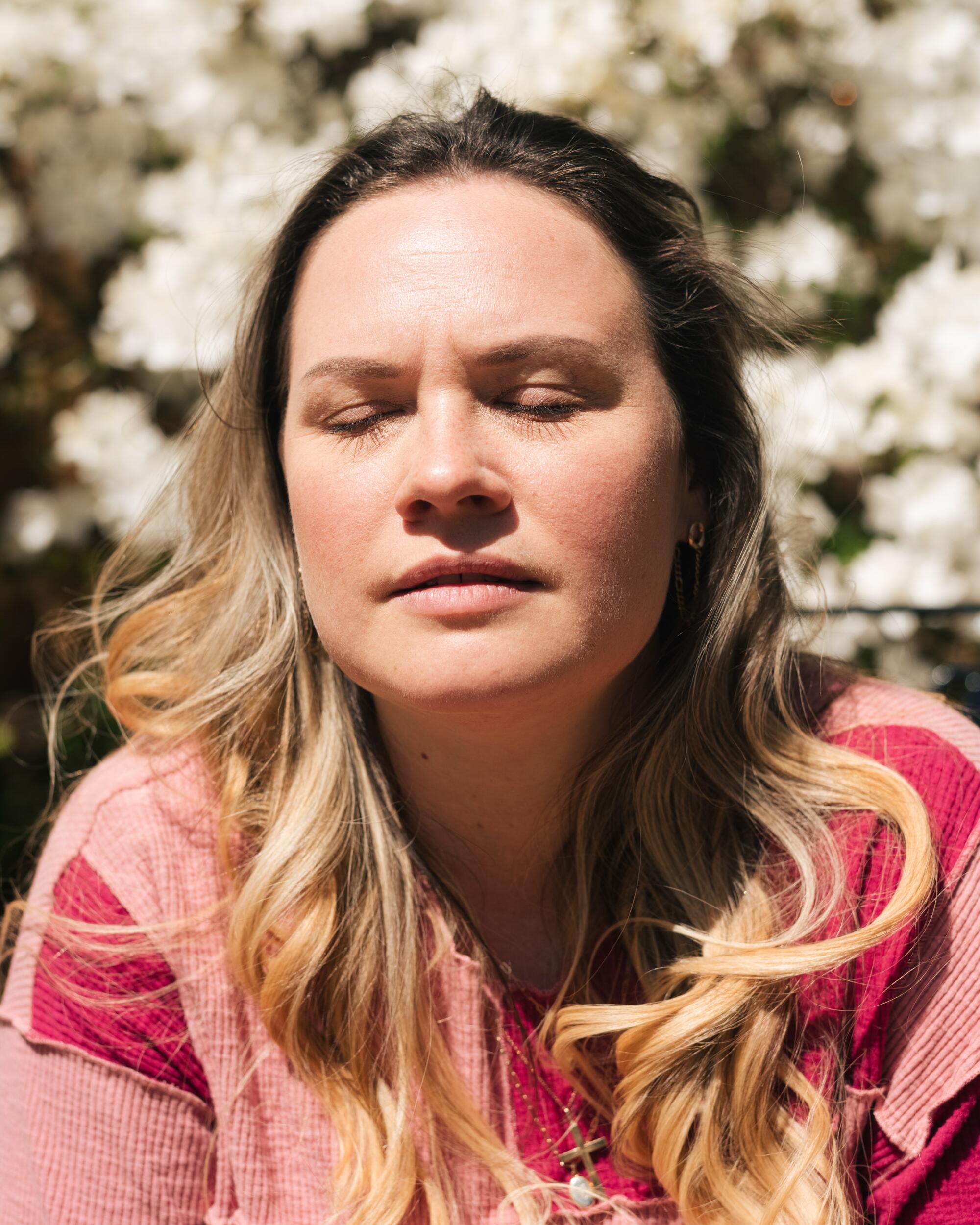
What went into the decision to talk about it in the documentary?
I’m not really sure why I brought it up in my interview. As a kid, and now as an adult, outside of therapy, I don’t spend a lot of time actively revisiting my abuse, so it’s always been a very compartmentalized thing for me. I now work with the Carl Perkins Center for the Prevention of Child Abuse, and I’ve learned that it lives with every person differently because every situation is different and everyone deals with trauma differently. Some people need to talk about it a lot; some people never need to talk about it.
I didn’t really think anything of it afterwards, not until Jonathan called me about a month ago. He had watched an edit and gave me a heads-up that the sound bite is in the movie.
If you wanted to, you could’ve asked for it to be left out.
I knew immediately that I wasn’t going to ask them to edit it out because, as a grown-ass woman, I cannot do that. I cannot confidently raise a little human being and tell him that he can put himself out in the world if I can’t do that too. I’ve never talked about this in a public way, but I feel like I’m at a place in my life that I finally can.
It’s been a really, really, really, really, really long time since those things happened to me. I have unpacked the baggage, if you will. I have put it away in the places that it needs to be stored. There was a time when it was much harder for me — when I was younger and trying to unpack that trauma, I would have mental health episodes where I would stop eating and get really f— depressed — but that is not my reality anymore.
What do you hope people understand about your decision to share this?
This is a thing that happened to me. It’s also a thing that has happened to so many people. I’m choosing to let it live [in the documentary] because I want other people to know that it’s OK to revisit things that have happened to you, whenever and however that’s right for you. I’m the person who went through it then, and I’m the person who is making the choice to talk about it now. If it makes other people uncomfortable, that’s not my problem.
It’s still important to talk about these hard things so that other people know they’re not alone. And that’s the whole point of “Spring Awakening” too. We were dressed like it was 1891 but communicating musically like it was 2006 so that the audience knew we were telling stories that have never changed.
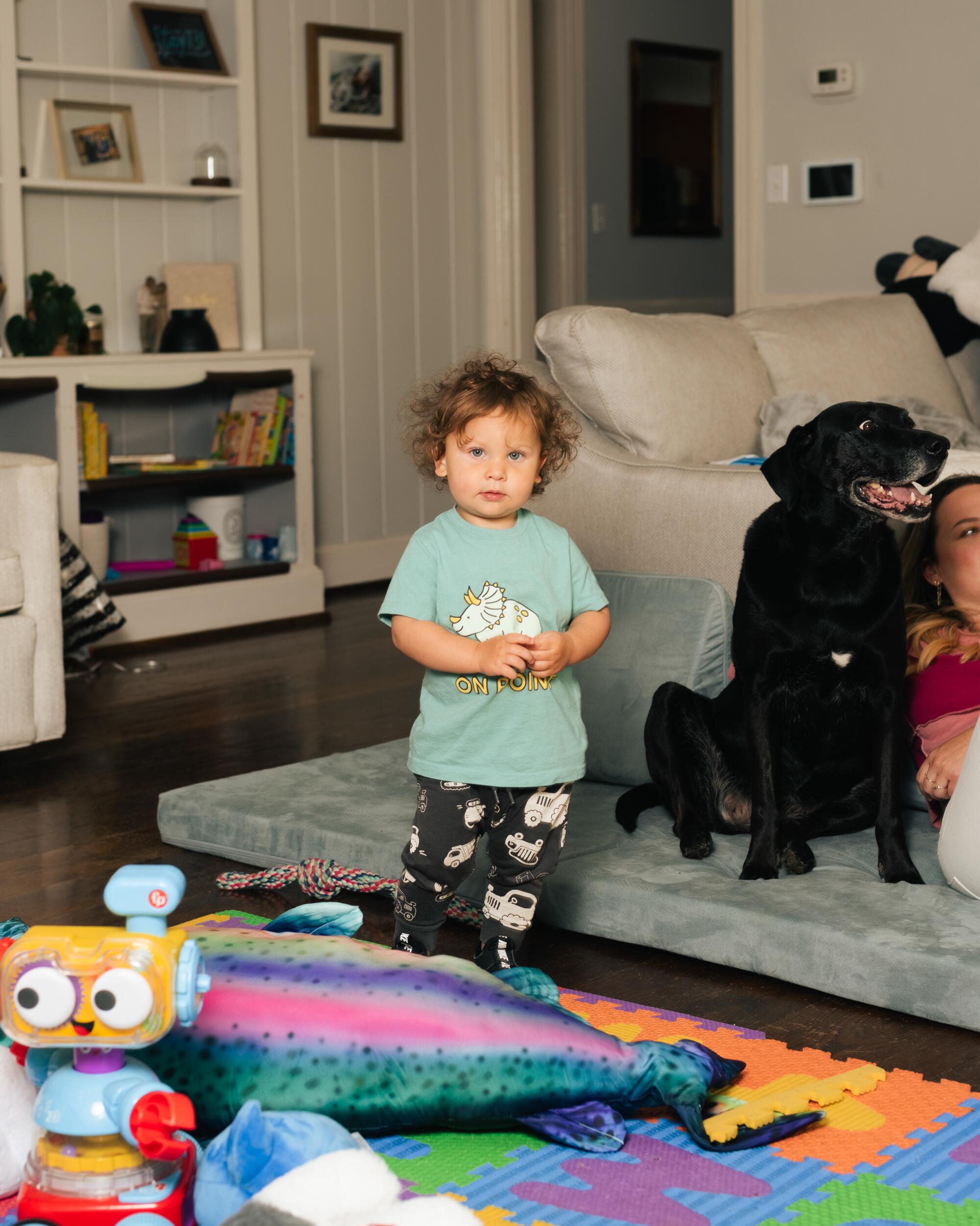
'Spring Awakening: Those You've Known'
Where: HBO and HBO Max
When: 9 p.m. Tuesday, May 3
Rated: TV-MA (may be unsuitable for children under the age of 17)
More to Read
The complete guide to home viewing
Get Screen Gab for everything about the TV shows and streaming movies everyone’s talking about.
You may occasionally receive promotional content from the Los Angeles Times.
